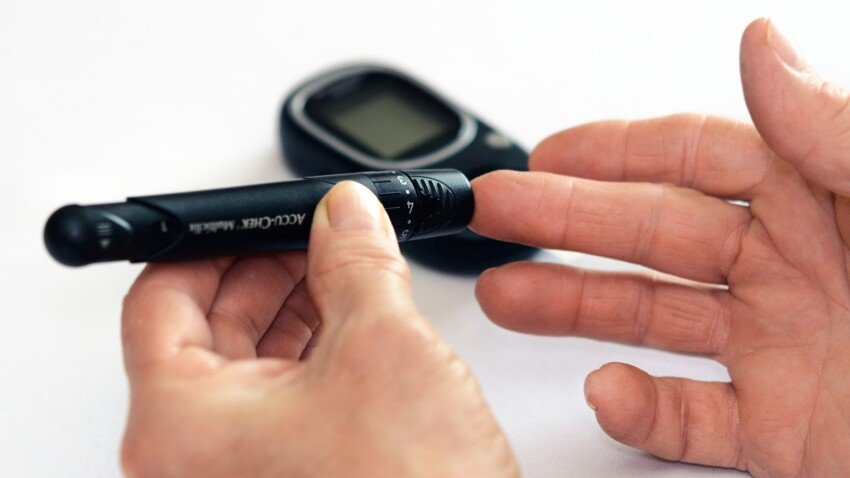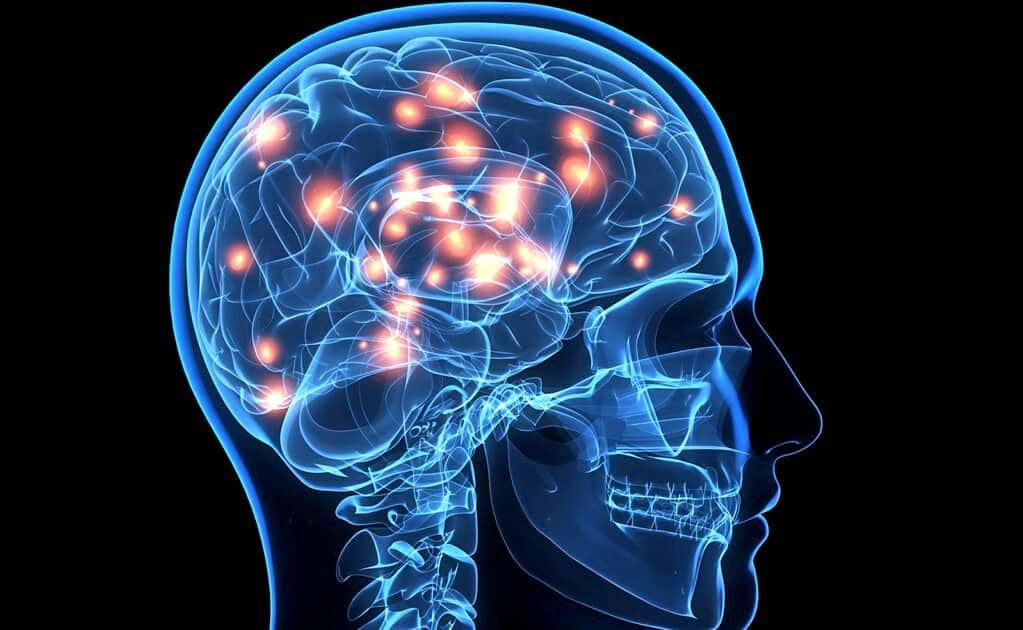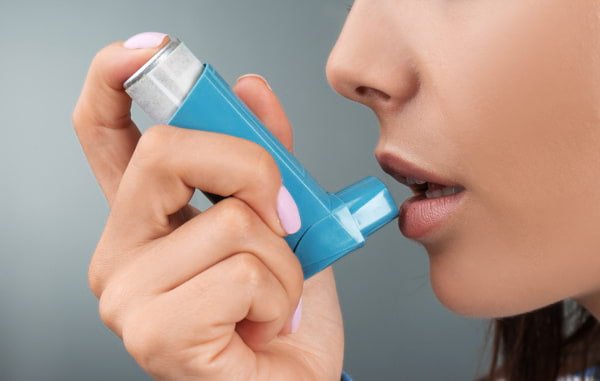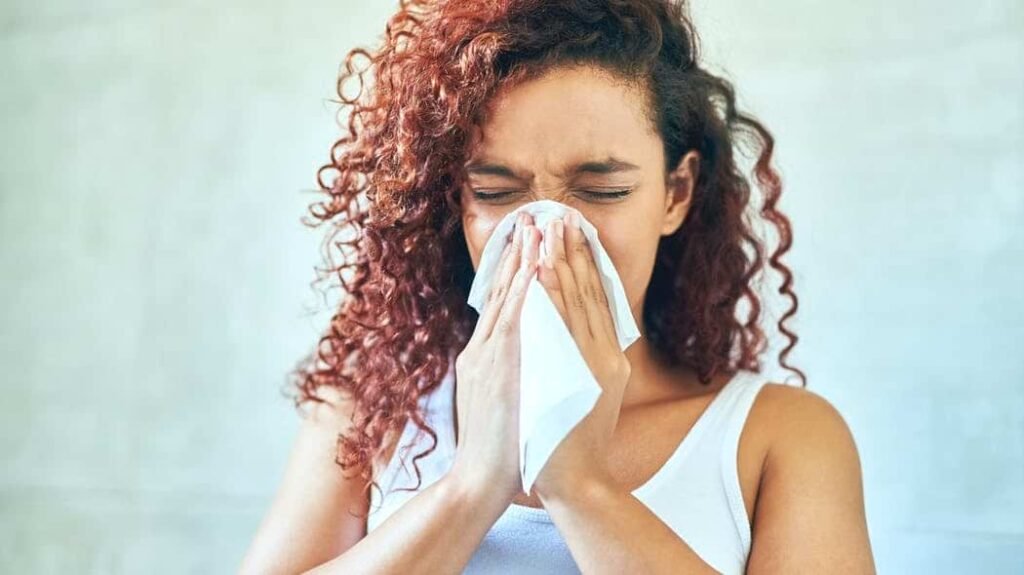Type 2 diabetes: what are the symptoms and how to treat it?
Type 2 diabetes represents around 90% of the de diabetes cases and appears the more often after 40 years old…

What is type 2 diabetes?
Its main feature is a chronic hyperglycemia (high level of sugar in blood). This bad glycaemia regulation is due to an insulin resistance, hormone which reduces the sugar blood level produced by pancreatic cells.
In the first place, pancreas tries to compensate this resistance in producing more insulin, but that ends to wear out the organ. Genetic factors predispose to developing the disease, but usually additional factors are needed for the disease to develop (example: being in overweight).
What are the symptoms of type 2 diabetes?
As long as pancreas success to compensate the insulin resistance, it does not develop any symptoms. Par la suite, ces derniers comprennent surtout :
- Increased thirst and appetite.
- Frequent need to urinate, especially at night.
- Severe drowsiness
- Blurred vision
- Increased infections
The people who are more at risk to develop type 2 diabetes are:
- The one who has a first degree relative (sister, brother, mother, father) who already suffers of the disease
- A person in overweight condition or obesity (risks are higher if fat storage is located in the abdominal region)
- those who don’t get enough physical activity
- women who have suffered from gestational diabetes, and / or whose baby weighed more than 4 kg at birth.
A blood test to measure blood sugar confirms the diagnosis of diabetes (fasting blood sugar greater than or equal to 1.26 g / L in the case of diabetes). Other tests can then be prescribed to check for the presence of diabetic complications, such as cataracts or glaucoma for example.
Type 2 diabetes must be treated seriously to avoid serious complications such as kidney failure. The treatment is based on the establishment of a specific diet, and on the taking of drugs such as insulin secretors for example (they increase the production of insulin) or thiazolidinediones, which fight insulin resistance. having a regular phisical activity is also part of the treatment. The administration of insulin (injections or an insulin pump) is mainly used in cases of severe cases.
Please take advice from your doctor or professional medical for any further informations. This article is made for general information purpose and it mustn’t be considered as medical advice.





